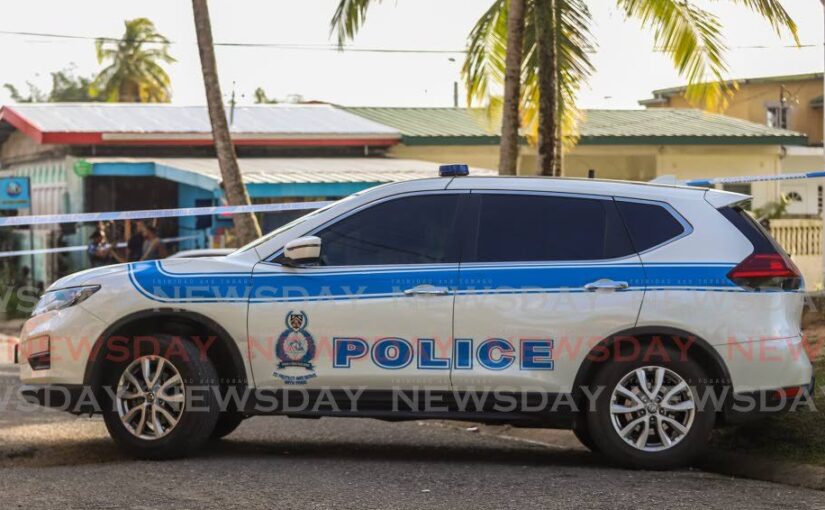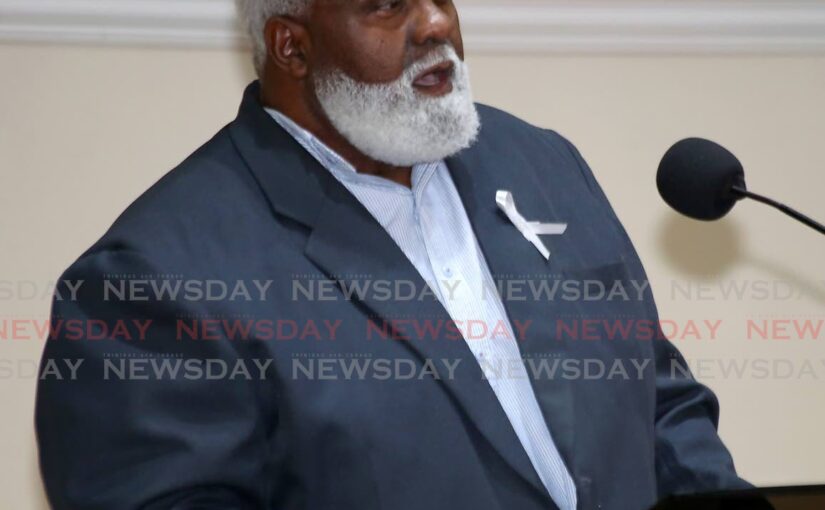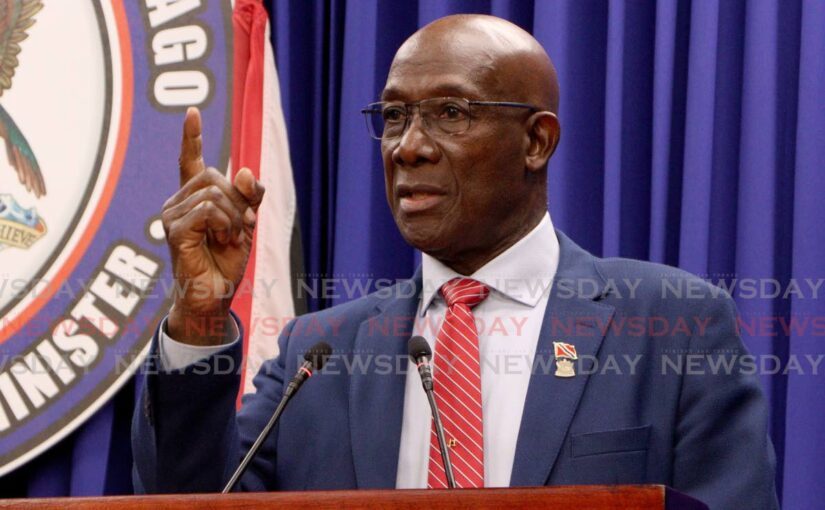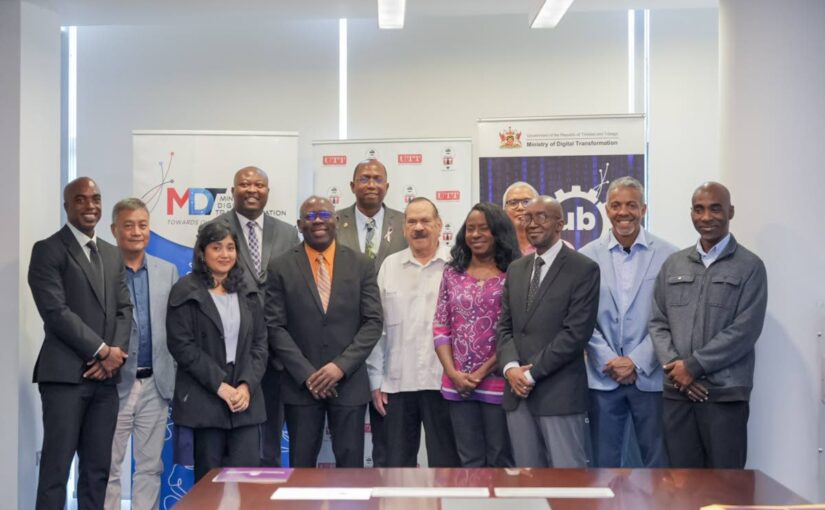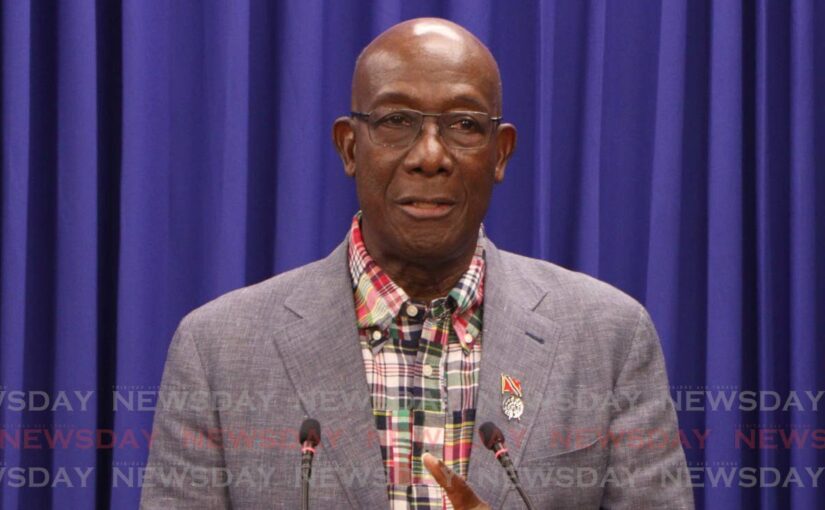

Prime Minister Dr Rowley - Photo by Angelo Marcelle
THE Prime Minister has vowed that criminals will not find any safe haven in the Caribbean to carry out their nefarious and illegal activities.
Dr Rowley, who has responsibility for national security in Caricom's quasi-cabinet, made this promise when he addressed the opening of Caricom's second regional symposium on violence as a public health issue in Georgetown, Guyana on November 22.
He reminded participants of the first symposium, held last April in Port of Spain.
Rowley repeated that crime and violence remain a major threat to the region's stability and the safety of its people.
"We resolved to take decisive action to turn the tide of violence that was reaching our shores."
>
While he wished he could have said this tide has been turned, Rowley said, "Unfortunately the facts are that we still are still being assailed by a rising tide of criminal conduct, influx of firearms and in recent times of organised criminal conduct penetrating our region from as far away as Asia and of course, South America."
But, he continued, Caricom leaders believed through approaching crime and violence as a public health issue, "We believe we will approach this issue in a correct and sustainable way.
Rowley said some important strides had been made since the last symposium.
As a result of these developments, he said, "There are no safe harbours in any of our Caribbean territories."
Rowley told participants legislation to facilitate the harmonisation of laws throughout Caricom to complete the template legislation for the Caricom Arrest Warrant Treaty has been completed.
The objective of the treaty is to establish, within Caricom, a system of arrest and surrender of requested people for the purposes of a criminal prosecution for an applicable offence; or executing a custodial sentence or greater punishment where the requested people have fled from justice after being convicted of or sentenced for an applicable offence.
Rowley said once this legislation is implemented, criminal actors in the Caribbean will know that in "every Caricom territory, the law applies to them equally, as soon as we implement the laws, with respect to warrants for their restraint, apprehension, in anticipation of successful prosecution."
He also said significant progress has been made on legislation regarding advanced passenger information that will facilitate greater cross-border co-operation between regional law-enforcement agencies.
Caricom's Implementation Agency for Crime & Security (IMPACS), Rowley continued, has developed a Caribbean gang database to help member states deal with threats posed by criminal gangs in their jurisdictions.
>
He said IMPACS continues to work with regional law-enforcement agencies to fill gaps where crime such as corrupt and illicit financing could occur.
Rowley was pleased that since the first Caricom crime symposium, there has been co-operation from the US, through initiatives within its own borders, to curb the flow of illegal firearms to the region.
He said Caricom territories have also been able to improve their ballistic tracking capabilities to trace the inflow of these weapons.
Rowley was also pleased that the strengthening of intelligence-sharing across borders in the Caribbean has enabled law enforcement "to investigate, apprehend and prosecute criminal actors with greater efficiency."
He underscored the important role of regional police forces.
"Our police management leadership need to collaborate and co-operate across our Caribbean territories, identifying known bad actors before they execute their plan against us so that the police can have a more effective response against those who chose crime as a way of life and business for profit."
Rowley said Caricom leaders were confident that as these initiatives are rolled out and provide law enforcement with effective tools to curb crime, populations across the Caribbean will understand the role they must play for these efforts to be successful.
"The more the people understand, the more watchful they become."


